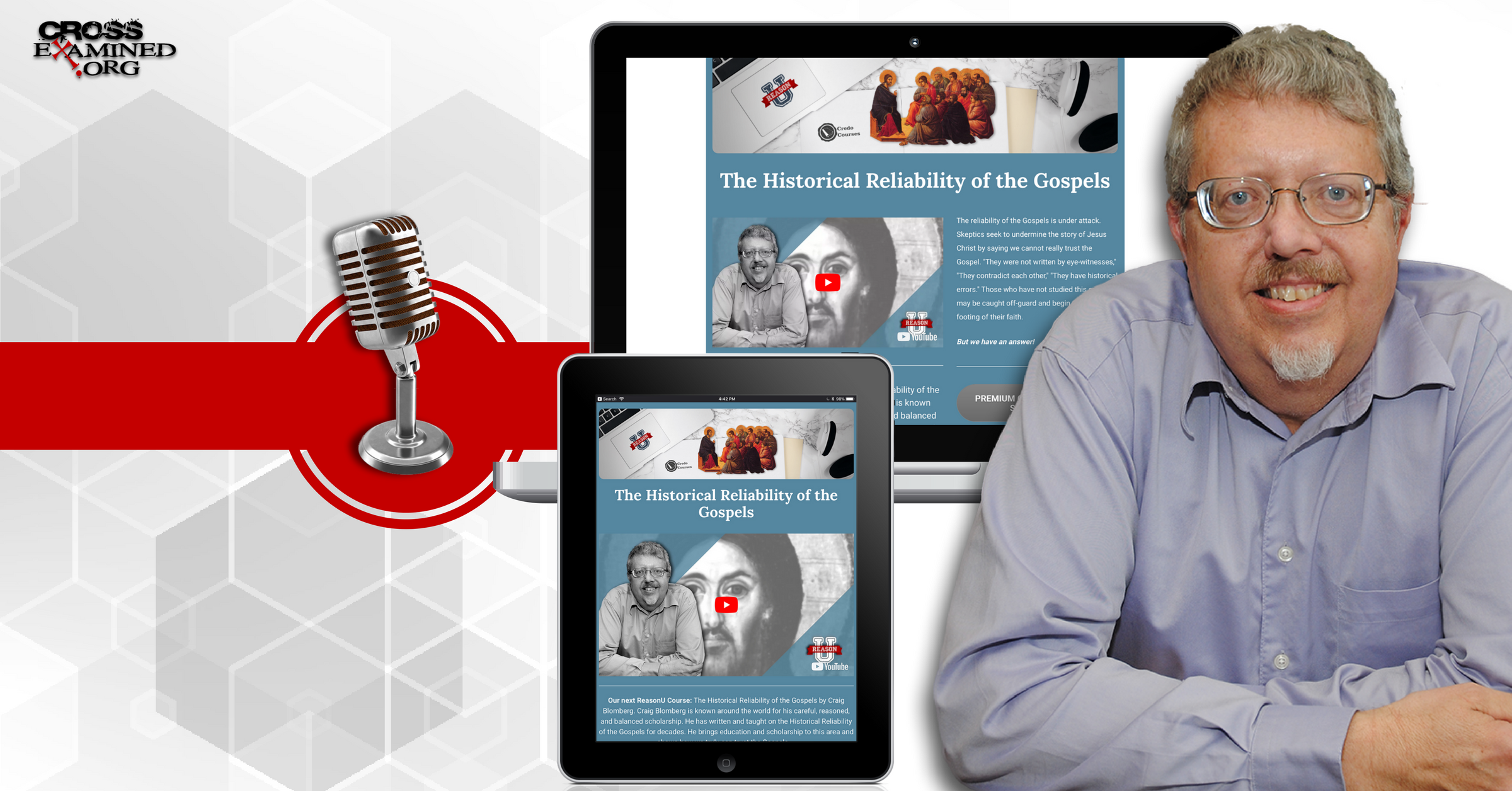Is Homosexual Behavior Consistent With The Bible’s Teachings?
Here’s a post from Christian writer Terrell Clemmons about efforts by gay activists to redefine Christianity so that it is consistent with homosexual behavior. This particular post is focused on Matthew Vines.
She writes:
In March 2012, two years after having set out to confront homophobia in the church, Matthew presented the results of his “thousands of hours of research” in an hour-long talk titled “The Gay Debate.” The upshot of it was this: “The Bible does not condemn loving gay relationships. It never addresses the issues of same-sex orientation or loving same-sex relationships, and the few verses that some cite to support homophobia have nothing to do with LGBT people.” The video went viral (more than three quarter million views to date) and Matthew has been disseminating the content of it ever since.
In 2013, he launched “The Reformation Project,” “a Bible-based, non-profit organization … to train, connect, and empower gay Christians and their allies to reform church teaching on homosexuality from the ground up.” At the inaugural conference, paid for by a $104,000 crowd-funding campaign, fifty LGBT advocates, all professing Christians, gathered for four days in suburban Kansas City for teaching and training, At twenty-three years of age, Matthew Vines was already becoming a formidable cause célèbre.
Terrell summarizes the case he makes, and here is the part I am interested in:
Reason #1: Non-affirming views inflict pain on LGBT people. This argument is undoubtedly the most persuasive emotionally, but Matthew has produced a Scriptural case for it. Jesus, in his well-known Sermon on the Mount, warned his listeners against false prophets, likening them to wolves in sheep’s clothing. Then switching metaphors, he asked, “Do people pick grapes from thornbushes or figs from thistles?” The obvious answer is no, and Jesus’s point was, you can recognize a good or bad tree – and a true or false prophet – by its good or bad fruit. From this, Matthew concludes that, since non-affirming beliefs on the part of some Christians cause the bad fruit of emotional pain for other Christians, the non-affirming stance must not be good.
Terrell’s response to this is spot on, and I recommend you read her post to get the full response.
She writes:
Matthew Vines in particular, and LGBTs in general, appear to be drivingly fixated on changing other people’s moral outlook. But why? Why are they distressed over the shrinking subset of Christianity that holds to the traditional ethic of sex? Note that Matthew found an affirming church in his hometown, as can most any LGBT-identifying Christian. Affirming churches abound. Gaychurch.org lists forty-four affirming denominations – denominations, not just individual churches – in North America and will help you find a congregation in your area. Why, then, given all these choices for church accommodation, are Matthew and the Reformers specifically targeting churches whose teachings differ from their own?
One gets the sense that LGBTs really, really need other people to affirm their sexual behavior. Certainly it’s human to want the approval of others, but this goes beyond an emotionally healthy desire for relational comity. Recall Matthew’s plea that non-affirming views on the part of some Christians cause emotional pain for others. He, and all like-minded LGBTs, are holding other people responsible for their emotional pain. This is the very essence of codependency.
The term came out of Alcoholics Anonymous. It originally referred to spouses of alcoholics who enabled the alcoholism to continue unchallenged, but it has since been broadened to encompass several forms of dysfunctional relationships involving pathological behaviors, low self-esteem, and poor emotional boundaries. Codependents “believe their happiness depends upon another person,” says Darlene Lancer, an attorney, family therapist, and author of Codependency for Dummies. “In a codependent relationship, both individuals are codependent,” says clinical psychologist Seth Meyers. “They try to control their partner and they aren’t comfortable on their own.”
Which leads to an even more troubling aspect of this Vinesian “Reformation.” Not only are LGBT Reformers not content to find an affirming church for themselves and peacefully coexist with everyone else, everyone else must change in order to be correct in their Christian expression.
This is the classic progression of codependency, and efforts to change everyone else become increasingly coercive. We must affirm same-sex orientation, Matthew says. If we don’t, we are “tarnishing the image of God [in gay Christians]. Instead of making gay Christians more like God … embracing a non-affirming position makes them less like God.” “[W]hen we reject the desires of gay Christians to express their sexuality within a lifelong covenant, we separate them from our covenantal God.”
Do you hear what he’s saying? LGBTs’ relationships with God are dependent on Christians approving their sexual proclivities. But he’s still not finished. “In the final analysis, then, it is not gay Christians who are sinning against God by entering into monogamous, loving relationships. It is we who are sinning against them by rejecting their intimate relationships.” In other words, non-affirming beliefs stand between LGBTs and God. Thus sayeth Matthew Vines.
The rest of her article deals with Vines’ attempt to twist Scripture to validate sexual behavior that is not permissible in Christianity.
Vines seems to want a lot of people to agree that the Bible somehow doesn’t forbid this sexual behavior so that the people who are doing it won’t feel bad about doing it. If he can just silence those who disagree and get a majority of people to agree, then the people who are doing these things will feel better.
Matthew Vines is annoyed that Bible-believing Christians expect homosexuals to work through their same-sex attractions, abstain from premarital sex, and then either remain chaste like me or marry one person of the opposite sex and then confine his/her sexual behavior to his/her marriage. But how is that different than what is asked of me? I am single and have opposite sex-attractions, but I am also expected to abstain from sex outside of marriage. I have two choices: either remain chaste or marry one woman for life and confine my sexual behavior to that marriage. I’m not married, so I’ve chosen to remain chaste. If I have to exercise a little self-control to show God that what he wants from me is important to me, then I am willing to do that. I’m really at a loss to understand why so many people take sexual gratification as a given, rather than as an opportunity for self-denial and self-control. I am especially puzzled by sinful people demanding that others celebrate their sin – and using the power of the government now to compel others to celebrate their sin. Christianity is a religion where the founder prioritized self-sacrificial obedience above pleasure and fulfillment. You really have to wonder about people who miss that core element of Christianity.
My service to God is not conditional on me getting my needs met. And my needs and desires are no less strong than the needs of people who engage in sex outside the boundaries of Christian teaching. We just make different decisions about what/who comes first. For me, Jesus is first because I have sympathy with Jesus for loving me enough to die in my place for my sins. I am obligated to Jesus, and that means that my responsibility to meet expectations in our relationship comes above my desire to be happy and fulfilled. For Matthew, the sexual desires come first, and Scripture has to be reinterpreted in light of a desire to be happy. I just don’t see anything in the New Testament that leads me to believe that we should expect God to fulfill our desires. The message of Jesus is about self-denial, self-control, and putting God the Father first – even when it results in suffering. I take that seriously. That willingness to be second and let Jesus lead me is what makes me an authentic Christian.
There is a good debate featuring Robert Gagnon and a gay activist in this post, so you can hear both sides.
Recommended resources related to the topic:
Five Questions No One Ever Asks About Gay Rights (DVD Set), (Mp4 Download), and (Mp3 Set) by Dr. Frank Turek
Correct, NOT Politically Correct: How Same-Sex Marriage Hurts Everyone (Updated/Expanded) downloadable pdf, PowerPoint by Dr. Frank Turek
Original Blog Source: https://bit.ly/37iwA8B












Leave a Reply
Want to join the discussion?Feel free to contribute!